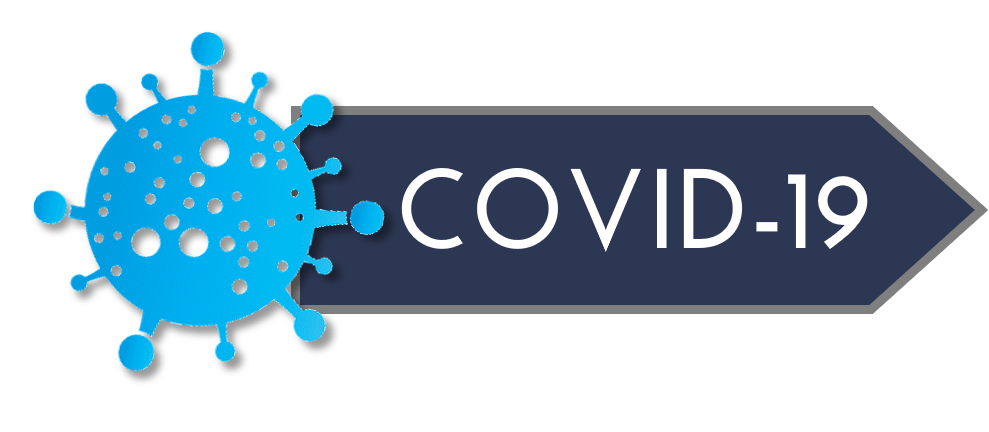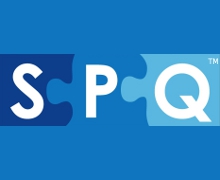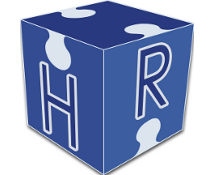Safety can extend to the internet, too.
Internally we’ve been upping our online safety after hearing about the big Equifax hacking (amongst many others). Like everyone else, we were also getting our fair share of phishing (fake) emails. They’re mimicking DocuSign and even the Better Business Bureau these days.
Here are some tips if you see one of these jokers come through:
- Don’t open attachments on emails you don’t recognize, or from email addresses you don’t recognize
- Or click on links you don’t recognize – you can preview a link by hovering your mouse over it
- Basically, be suspicious
- When downloading things from the internet, ensure the file is the right type
- It’s easy to try to download something labeled as a Word document, but it’s actually a .exe – this is the main one to look out for
- If you’re installing free software, ensure it’s from a legitimate source
- Even if it is, pay attention during installation – a lot of these come with very annoying “extras” like a Yahoo search bar – just click “no” to installing the extras
- When surfing, don’t trust anything that pops up and says “WARNING! VIRUS, CLICK HERE TO SCAN WITH MICROSOFT!” – they’re big fat liars
- Microsoft will alert you through your desktop, not your internet browser
- Just “x” out of every window
- If you can’t, hit CTRL + ALT + DELETE, open the Task Manager, and shut down your browser then run your anti-virus
- Don’t hang out on sketchy websites
- If you receive a DocuSign email, they all include unique security codes at the bottom
- They also NEVER ask you to download documents
- Same with the Better Business Bureau – check out their own guide






No comments yet.